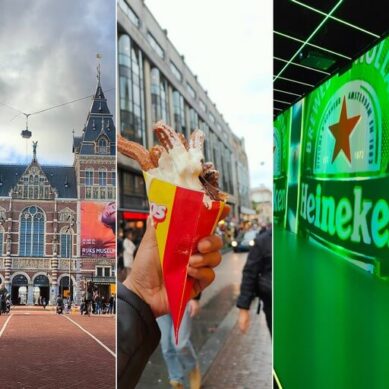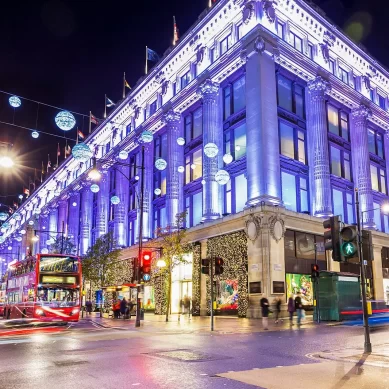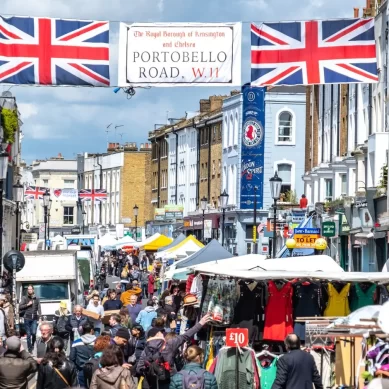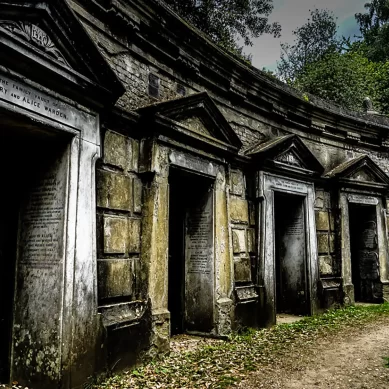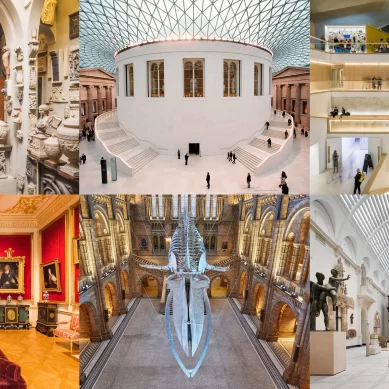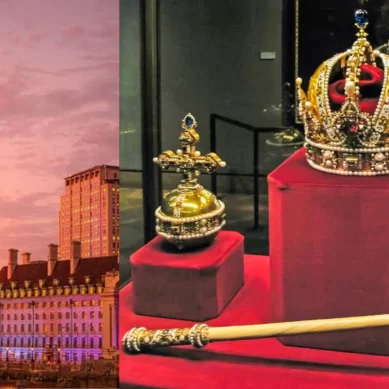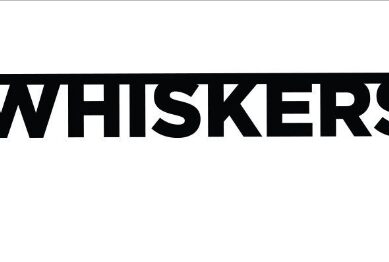
Image source : Awarness Days
World Cancer Day is more than a day on the calendar. That’s why our campaign is built to inspire change and mobilize action long after the day itself.
A multi-year campaign means more exposure and engagement, more opportunities to build global awareness, and ultimately more impact. Together, it’s time to close the care gap in cancer care. This World Cancer Day, we recognize the power of working together.
Every single one of us can make a difference, large or small, and together we can make real progress in reducing the global impact of cancer.

Source UICC
2024: We challenge those in power together.
World Cancer Day is a campaign that is reaching out to people to raise attention to cancer at a higher level. Now that we have knowledge and a united community, we are ready to shake the very foundations of injustice—to become lifelong advocates fully equipped to push for lasting change.
Together, we will make sure the people who are in power know that we demand a commitment to prioritizing cancer, to creating innovative strategies designed to confront partisanship, and to investing our resources to achieve a just and cancer-free world. We will call on leaders to eliminate health inequities by addressing their root causes, and ensuring that everyone has access to quality health services when, where, and how they need them.

Image source: olive Board
Bridging the Gap: What We Can Do
On February 4th, closing the care gap requires a multi-pronged approach involving collective effort from individuals, organizations, and governments. Here are some key steps we can take:
- Raise awareness and education: Empower communities with knowledge about cancer risks, prevention strategies, and early detection signs. This can be achieved through targeted campaigns, educational programs, and community outreach initiatives.
- Advocate for affordable healthcare: Lobby for policies that ensure equitable access to quality cancer care, regardless of socioeconomic status. This includes advocating for universal healthcare coverage, subsidized treatment options, and financial assistance programs.
- Invest in healthcare infrastructure: Increase investments in building and expanding healthcare facilities in underserved regions. This includes establishing mobile clinics, telemedicine services, and training local healthcare professionals.
- Combat discrimination and stigma: Promote inclusivity and understanding within healthcare systems and communities. This can be achieved through sensitivity training for healthcare providers, anti-stigma campaigns, and community engagement initiatives.
- Support research and innovation: Invest in research focused on developing affordable diagnostic tools, treatment options, and preventive measures tailored to specific populations and contexts.

Source: Times Now
Individual Actions with Collective Impact:
While tackling large-scale systemic issues takes time and concerted effort, individuals can also contribute to closing the care gap through their actions:
- Educate yourself and others: Learn about cancer and share your knowledge with friends, family, and your community.
- Support organizations working on cancer disparities: Donate your time, resources, or voice to organizations working towards equitable access to cancer care.
- Advocate for policy change: Contact your elected officials and urge them to support policies that address healthcare disparities and prioritize cancer care.
- Challenge stigma and discrimination: Be a voice for inclusion and understanding in your community.
- Take care of your health: Practice healthy habits like regular screenings and maintaining a healthy lifestyle to reduce your own risk of cancer.

Source Jagran Josh
Last but never the least:
By working together, raising awareness on World Cancer Day, and advocating for change, we can create a world where everyone has the opportunity to live a healthy life free from the burden of cancer. Remember, every action, big or small, contributes to closing the care gap and building a more equitable future for all.
By ; shravya




